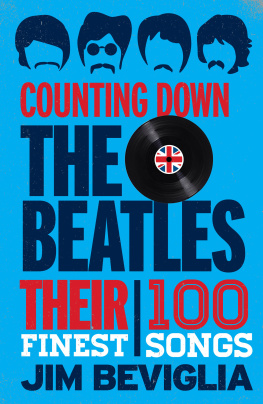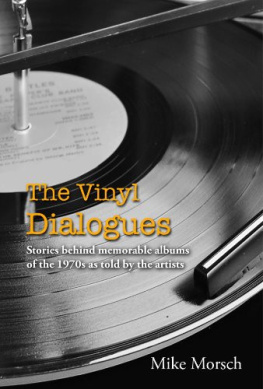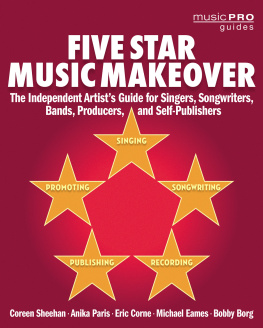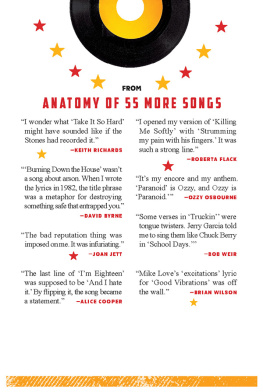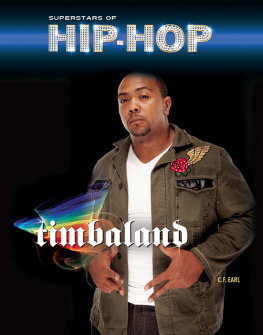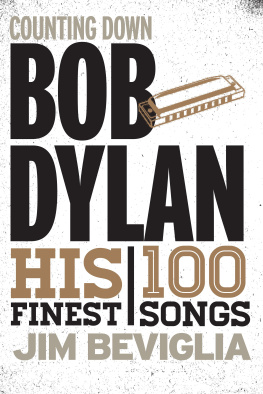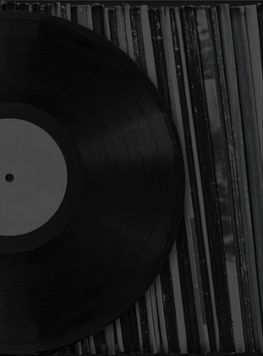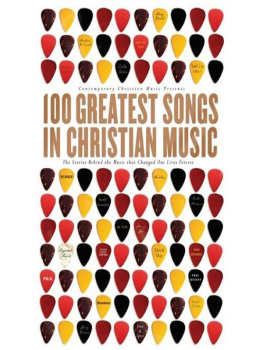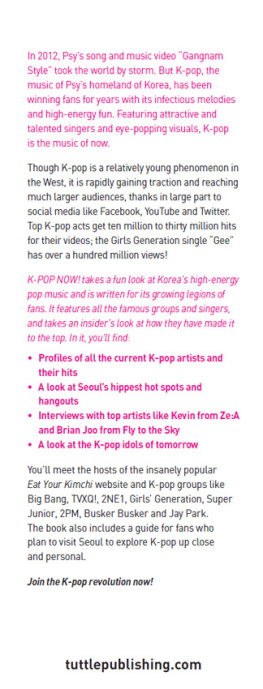About the Author
Jim Beviglia has been writing about music for more than fifteen years. He is a featured writer for both the print and online editions of American Songwriter magazine and contributes regular articles to CultureSonar and many other online music blogs. In addition, he is the author of four books in the Counting Down series: Counting Down Bob Dylan: His 100 Finest Songs (2013), Counting Down Bruce Springsteen: His 100 Finest Songs (2014), Counting Down The Rolling Stones: Their 100 Finest Songs (2015), and Counting Down The Beatles: Their 100 Finest Songs (2017). Beviglia was born and raised in Old Forge, Pennsylvania, where he currently resides with his daughter, Daniele, and his wife, Marie.
Acknowledgments
When I first decided that I was going to attempt to base this book around the artists of the 80s telling their stories about their finest songs, I truly thought I would be lucky to get a handful of people to cooperate and I would then have to go back to the drawing board. Instead, the response blew me away. I was able to speakvia telephone, Skype, or e-mailwith sixty-four artists, songwriters, and producers. It blew me away.
What was even more amazing was the cordiality, graciousness, and forthcoming nature of the participants. They say you should never meet your heroes. When I was a kid growing up listening to this music, these men and women were my heroes, and I was not the least bit disappointed in any of them. If anything, my appreciation of them grew deeper.
So I need to start my acknowledgments by thanking each of those sixty-four folks for their time and friendliness. That extends also to the publicists, managers, agents, and other workers who helped set up these interviews for me. They made my job extremely easy with their tirelessness and diligence.
I also must say that even the artists who decided not to participate expressed that decision in a manner that was unfailingly polite and respectful, and that goes for their representatives as well. Hopefully, Ill get a chance to speak to them all down the line.
Beyond that, I of course have to thank Rowman & Littlefield for sticking with me on a somewhat unconventional project, and my editor, Natalie Mandziuk, for seeing its potential even when others doubted it. My agent, Amelia Appel, made it clear almost immediately with her hard work and advice why I should have had an agent all along. Id also like to thank all the folks who have read my previous books, Drew Pisarra at CultureSonar and Caine ORear at American Songwriter for not only publishing my music writing but also promoting my books for no reason other than that theyre good guys, and Trish Stevens at Ascot Media for publicizing my work so well. Frankie Warren has always promoted my work on local radio and was an excellent sounding board for the write-ups in the book; I thank him for that and, more than anything, for his friendship.
That makes for a good segue into my personal circle, without whom none of this would have been even imaginable, let alone possible. That means my mom, my brothers, all my relatives and friends (special shout-out to the guys at Old Man Hoops), coworkers, and too many people to mention, even though they deserve it. My daughter, Daniele, remains my favorite musician of all, and she endured her dads insistence on listening to 80s music in the car as research for the past year or so with her usual good nature. What an amazing kid. And finally, theres my wife, Marie, who made the suggestion that broke this book open for me. Its only fitting that she save my work, since shes already saved my life.
Finally, I wanted to elaborate a bit on the three gentlemen named in the dedication. Art and Mike Lucarelli were my next-door neighbors, and Chuck Sweeder, my cousin, lived less than a quarter of a mile away. I know people have a tendency to blow the friendships they had as kids out of proportion, but thats not possible for me, because these three wereand I consider them stillmy third, fourth, and fifth brothers. The times spent with them will always be among the best of my life. Now were all married and have eight children between us, but when we get together, were right back in the 80s again. Listening to the music from that time to prepare to write this book often led to me getting lost in memories of those times with those guys. If not one person buys this book, it will still have been worth it for that.
Cars by Gary Numan
PLEASURE PRINCIPLE (1979)
This is supposed to be a book about the 1980s, but our first song was actually released in 1979. Technically, it belongs because it didnt hit the US charts till the following year, when it made it all the way to number 9. But musically, Gary Numans Cars is a 1980s song in the way that it anticipates an era where machines would occasionally trump instrumental dexterity, when antirock stars could give guitar heroes a run for their money.
Numan had already started to spread his synthetic sound and vision in his native England on a pair of albums with his band Tubeway Army, even scoring a number 1 hit with the song Are Friends Electric? in 1979. The synthesizer was his weapon of choice, and he wore the fact that he wasnt technically a musician with pride. I was following my interest in sound rather than songwriting, although they are obviously connected, Numan says about his MO. When I first started to use electronic instruments in 1978 an entire world of sound creation opened up to me. I was absolutely fascinated by noises, be they synth-created or otherwise. I still am. I have a feeling that my songwriting was done as much as a vehicle to explore sounds [as] anything else.
For the first single off his 1979 album Pleasure Principle, which would be the first released under his own name, Numan chose a song that he dashed off rather quickly. I wrote the bass line first, he remembers. In fact Id been to London that day to buy my first bass guitar and the Cars riff was the very first thing I played when I took the guitar out of its case. The music took ten minutes at the most, the lyrics another half an hour, tops. Quickest song Ive ever written.
From there, Numan applied his usual touch, seconding the bass guitar with a thunderous part on the synths, while some icy high notes swooped over the top. Following the bass line robotically, Numan sings the praises of automobiles and their seeming safety. But ambivalence creeps into the lyrics as the song progresses. When the image breaks down/Will you visit me please? he queries. In the final verse, he plots escape, but isnt sure about the outcome: I know Ive started to think/About leaving tonight/Although nothing seems right/In cars, he sings in closing. The vocals are finished about a minute-and-a-half into the song, leaving just the wash of the synthesizers and the occasional white-noise crash of the drums. Cars is catchy, danceable, and eerie all at once and remains forever futuristic. You could sneak it into a playlist in 2080.
Hearing the song now, its simultaneous embrace and fear of technology seemingly wrapped up in an uneasy package, its tempting to read it as Numans view on the oncoming computer age. But he warns against that:
Remember, I wrote that song in early 1978. There was very little technology at the time that gave much of an insight into what was coming. Home video had only just appeared, no CDs, no DVDs, no mobile phones or internet. Home computers were still pathetic for the most part and video games were, at best, a white dot and two white lines pretending to play tennis.
I was very aware of human beings becoming closer to technology, becoming bound to it, and I saw that as a potentially frightening, but still exciting, thing. Other songs on the Pleasure Principle album look at the thoughts of the last thinking machine as it dies, centuries after humans have died off; a factory where synthetic humans are built; a culture that lives entirely underground, never seeing daylight, so that they can keep the city above running without even knowing if anything is still alive above them; all kinds of tech related topics. Cars really isnt one of them, though. Its simply about why I felt safe in a car. I have Asperger syndrome, so I dont interact well with people, generally speaking. I find people unnerving, they make me uncomfortable, and I see the car as a bubble that allows me to drift through this dangerous world of people in relative safety.


